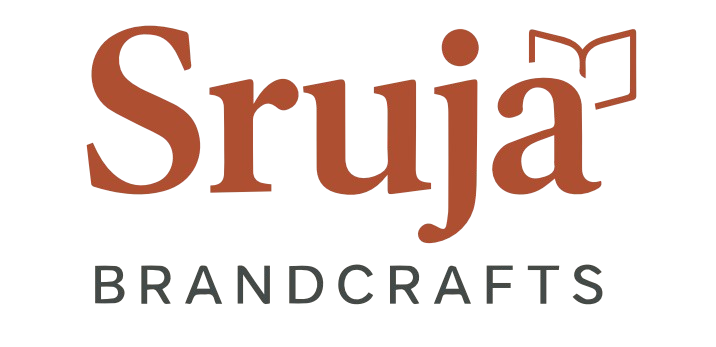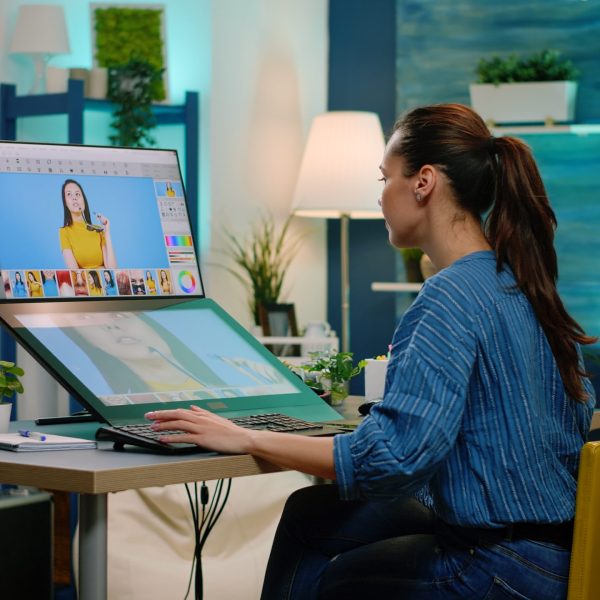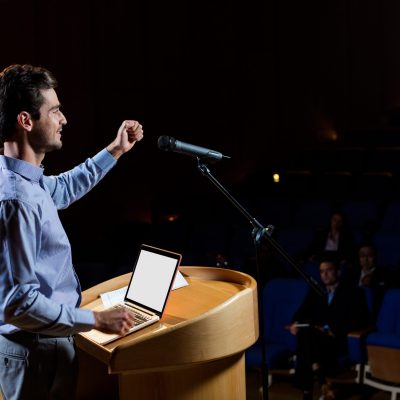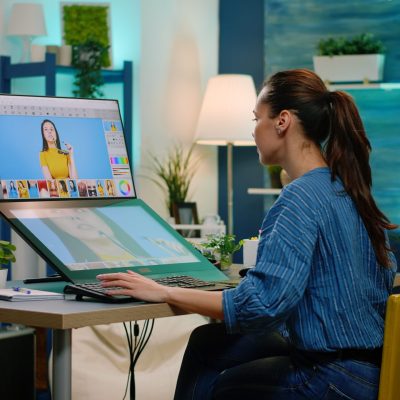Why Video Storyboarding Matters for Changemakers
In today’s digital world, video is the most powerful storytelling tool available to changemakers. Whether you’re launching a new initiative, sharing an impact story, or rallying support for your cause, video can move hearts and minds like nothing else. But behind every compelling video is a well-crafted storyboard—a visual blueprint that brings your ideas to life, shot by shot.
At Sruja Brandcrafts, we believe that video storyboarding is where creativity meets clarity. It’s the secret ingredient that turns a good video into a great one, ensuring your message is not just seen, but truly felt. In this guide, we’ll walk you through the essentials of video storyboarding for startups and nonprofits—what it is, why it matters, and how you can get started, even with limited resources.
What is Video Storyboarding?
A video storyboard is a sequence of drawings or images that represent each shot of your video, along with notes about dialogue, action, and camera movement. Think of it as a comic strip for your video—a visual plan that helps everyone involved understand what the final product will look like.
Storyboarding is not just for big-budget films. It’s a vital tool for anyone who wants to tell a story with clarity and impact, especially for changemakers who need to make every second count.
Why Storyboarding is Essential for Changemakers
For startups and nonprofits, resources are precious. You can’t afford to waste time or money on videos that miss the mark. Here’s why storyboarding is a game-changer:
- Clarity: It helps you organize your ideas and ensure your message is clear.
- Efficiency: It saves time during filming by providing a detailed plan.
- Creativity: It allows you to experiment with visuals and storytelling before you start shooting.
- Collaboration: It gets everyone on the same page—founders, team members, videographers, and partners.
- Cost-Effectiveness: It reduces the risk of costly reshoots or missed shots.
At Sruja, we see storyboarding as the bridge between your vision and a video that truly resonates.
The Storyboarding Process: Step by Step
Let’s break down the process of creating a powerful video storyboard.
1. Concept Development
Every great video starts with a strong concept. Ask yourself:
- What is the purpose of this video? (Awareness, fundraising, recruitment, etc.)
- Who is your target audience?
- What is the core message you want to convey?
- What emotion do you want viewers to feel?
Tip: Start with a brainstorming session. Write down all your ideas, then narrow them down to the most impactful concept.
2. Scripting
Once you have your concept, it’s time to write the script. This is the backbone of your video.
- Keep it simple: Use clear, conversational language.
- Focus on storytelling: Introduce characters, set the scene, build tension, and resolve.
- Include a call to action: What do you want viewers to do after watching?
Example:
Instead of “We help communities,” try “Meet Asha, a mother whose life changed thanks to your support.”
3. Visual Storyboarding
Now, turn your script into a visual plan. For each scene or shot, sketch a simple drawing (stick figures are fine!) and add notes about:
- Camera angles (close-up, wide shot, etc.)
- Action (what’s happening in the scene)
- Dialogue or narration
- Visual elements (props, locations, lighting)
- Transitions (fade in, cut, etc.)
Tools:
You can use paper and pencil, whiteboards, or digital tools like Canva, Storyboarder, or even PowerPoint.
4. Planning the Shoot
With your storyboard in hand, you can plan the logistics:
- Locations and sets
- Cast and crew
- Equipment needed
- Schedule and timeline
A detailed storyboard makes the shoot smoother, faster, and more enjoyable for everyone involved.
Key Elements of an Effective Storyboard
What makes a storyboard truly effective? Here are the essentials:
1. Clear Visuals
You don’t need to be an artist, but your drawings should clearly show what’s happening in each shot. Use arrows for movement, and label important elements.
2. Concise Notes
Add brief notes about dialogue, camera movement, or special effects. This helps everyone understand the intention behind each shot.
3. Logical Flow
Arrange your scenes in a logical order that tells a compelling story. Make sure there’s a clear beginning, middle, and end.
4. Emotional Beats
Identify the key moments where you want viewers to feel something—hope, empathy, excitement, etc. Highlight these in your storyboard.
5. Flexibility
Be open to changes. Sometimes the best ideas come during the shoot. A good storyboard is a guide, not a rulebook.
Storyboarding for Different Types of Videos
Not all videos are the same. Here’s how storyboarding can help with different formats:
1. Brand Launch Videos
Introduce your organization, mission, and values. Use storyboarding to plan a narrative that builds excitement and trust.
2. Impact Stories
Showcase real people whose lives have changed because of your work. Storyboarding helps you capture authentic moments and emotional arcs.
3. Fundraising Films
Inspire viewers to take action. Use storyboarding to create a sense of urgency and hope, leading to a clear call to donate or support.
4. Explainer Videos
Break down complex ideas or processes. Storyboarding helps you visualize step-by-step explanations with graphics and animations.
5. Social Media Clips
Short, punchy videos for platforms like Instagram or Facebook. Storyboarding ensures every second counts and your message is clear.
Cost-Effective Storyboarding Tips for Small Teams
You don’t need a big budget or fancy equipment to create a great storyboard. Here’s how to do more with less:
- Use free tools: Canva, Google Slides, or even pen and paper.
- Keep it simple: Focus on clarity, not artistic perfection.
- Involve your team: Brainstorm and sketch together for diverse ideas.
- Repurpose assets: Use photos, icons, or screenshots to save time.
- Test your ideas: Share your storyboard with a few supporters for feedback before you shoot.
At Sruja, we help small teams create professional storyboards that fit their resources and goals.
Common Mistakes to Avoid
Even experienced teams can stumble. Here are some pitfalls to watch out for:
1. Skipping the Storyboard
Jumping straight to filming without a plan leads to confusion, wasted time, and missed opportunities.
2. Overcomplicating the Story
Trying to say too much in one video can dilute your message. Focus on one clear story or idea.
3. Ignoring the Audience
Always keep your viewers in mind. What do they care about? What will move them to action?
4. Neglecting Visual Flow
A choppy or confusing sequence can lose your audience. Make sure your storyboard flows smoothly from scene to scene.
5. Forgetting the Call to Action
Every video should end with a clear next step—donate, share, volunteer, etc.
How Sruja Brandcrafts Can Help
At Sruja Brandcrafts, we specialize in purposeful brand building for changemakers. Our video storyboarding services are designed for small startups and nonprofits who want to tell their story with impact.
What We Offer:
- Concept development and scripting
- Visual storyboarding for scenes and flow
- Guidance on shoot planning or partner videographers
- Founder/brand story consultation
We work directly with founders, keeping things personal and collaborative. Our focus is always on clarity, meaning, and purpose—not just visuals. And we understand the budget limitations of small teams and grassroots organizations.
Every service is built around storytelling, not just marketing.
Your Story, Frame by Frame
Video is the language of today’s world. For changemakers, it’s the fastest way to build trust, inspire action, and grow your impact. But a great video doesn’t happen by accident—it starts with a clear, creative storyboard.
You don’t need a big team or a huge budget. You just need a compelling story, a thoughtful plan, and the right support.
At Sruja Brandcrafts, we’re here to help you every step of the way. Let’s bring your vision to life—one frame, one story, one impact at a time.
Call to Action
Ready to turn your story into a powerful video?
Contact Sruja Brandcrafts today for a free consultation on video storyboarding. Let’s create something meaningful—together.








